Mark Abbott of Riverside County DEH collecting a drinking water sample for Babcock Labs in a rural Coachella community mobile home park
Approximately 1 million Californians currently struggle to access safe and affordable drinking water due to water sources that are out of compliance with state standards on contamination levels or treatment techniques. Though not a new problem, new legislative attempts at the state Capitol endeavor to establish a fund for small water agencies unable to provide customers with clean drinking water because of the high treatment costs. As the San Francisco Chronicle reports:
“But several hurdles remain before the June 15 deadline for the Legislature to pass a budget — most precariously, a resistance among lawmakers to tax millions of residential water users and others while California enjoys a surplus of more than $21 billion.
Activists and Gov. Gavin Newsom have pushed to establish a dedicated clean-water fee on customers and agribusiness that would not be at risk of cuts if the economy sours. Many lawmakers, however, prefer that the money come from the state’s general fund, not another tax.
…Federal drinking water grants are available, and California has provided some assistance in the past. Proposition 1, a bond measure that voters approved in 2014, set aside $260 million to help small, poor communities pay for water treatment projects.
Filter under resident’s sink as part of Drinking Water Treatment Partnership Project
But operating and maintaining those systems after they are built is another challenge. The clean-water fund that Newsom proposed in his budget plan would be the first source dedicated to that purpose.
Lanare, an unincorporated town of about 600 in Fresno County, opened a $1.3 million facility in 2007 to treat its arsenic-tainted drinking water. Six months later, the local water district shut down the plant because it was too expensive to operate. It has remained idle since then.
… Newsom signaled his commitment to the clean water fund in the first week of his governorship, when he visited a community in Stanislaus County that had been forced to rely on bottled water after its wells were polluted with nitrates and arsenic.
His plan would raise about $140 million a year by taxing fertilizer sales and milk production, charging dairies a fee and adding a monthly surcharge to Californians’ water bills. Most customers would pay an extra 95 cents a month, though the surcharge would be as high as $10 for the largest users.
Agricultural interests, which say they need to help solve a problem they created, generally support the idea. But water agencies object that it would raise costs for consumers and complicate their business by turning them into tax collectors.
‘We think it’s not good policy to tax a resource that is essential to life,’ said Cindy Tuck, deputy executive director for government relations for the Association of California Water Agencies. ‘It would work against water affordability.’
There appears to be support for the governor’s approach in the Assembly, which has steadily advanced a bill by Assemblyman Eduardo Garcia, D-Coachella (Riverside County), that proposes a similar mix of fertilizer and dairy taxes and a monthly surcharge of 50 cents for water users. Assembly Speaker Anthony Rendon, a Paramount (Los Angeles County) Democrat who rarely carries his own legislation, recently signed on as a co-author.”
Click here to view the original, unabridged article by Alexei Koseff, published by the San Francisco Chronicle.


